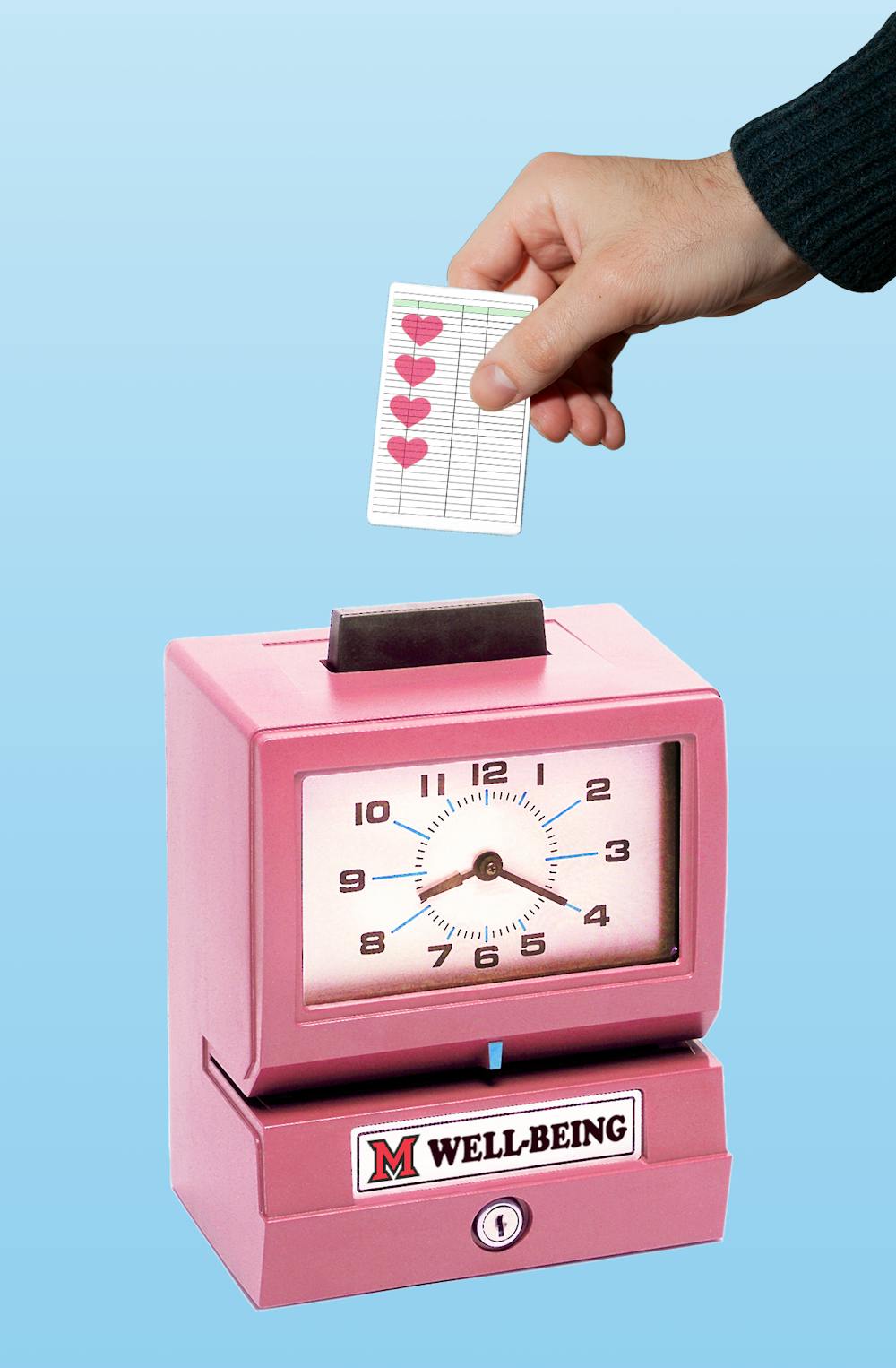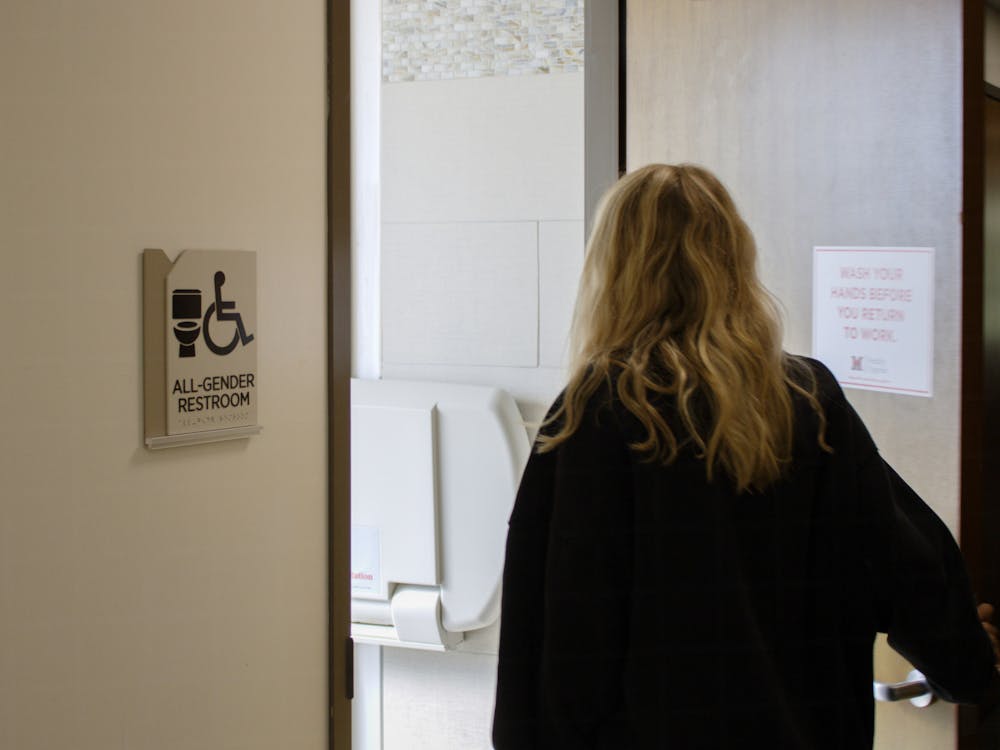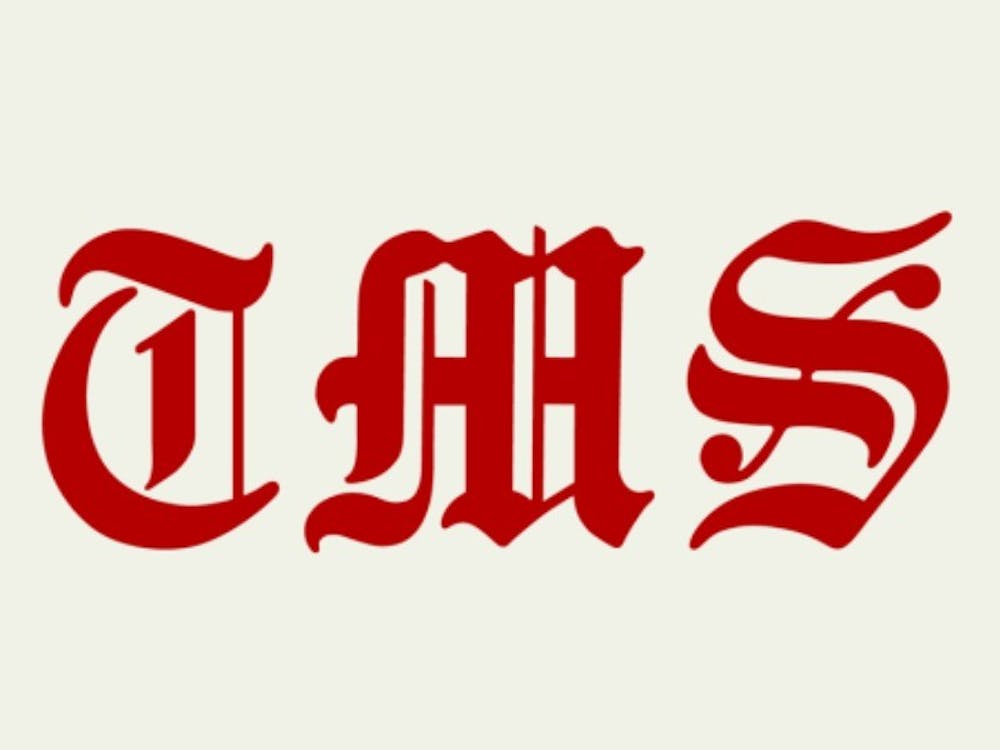The inaugural mental health fee for incoming first-year students at Miami University has created six full-time positions to support mental health on campus.
Though COVID-19 has affected the mental health of students, Jayne Brownell, vice president for Student Life, said increasing demand for counseling services has been an issue since early in her time at Miami.
Over the years, more students with increasingly complex issues have been brought to the attention of the Dean of Students office. Brownell said this means more students taking medical leave and registering with the Miller Center for Student Disability Services with diagnoses of anxiety and depression.
“We were seeing strain on the system as a whole,” Brownell said. “So given that whole confluence, we decided that the time might be right to try to propose a fee that could bring in more resources, not only for counseling, but for the whole system of student support around mental health and wellbeing.”
The fee, passed by the Board of Trustees in December and approved by the Ohio Chancellor of Education in February, is $50 a semester per student starting with the class of 2026.
Current students will not have to pay the fee due to Miami’s Tuition Promise. As more money comes into the pool with new incoming classes, the four-year spending plan will be implemented and adjusted according to student need.
Heather Merhout, who graduated in May with a degree in music composition and is currently working toward an undergraduate certificate in business analytics, started using the SCS in fall 2020. She said the fee will definitely be worth the students’ money.
“I think it's going to a good cause,” Merhout said, “And compared to the entire tuition, $50 a semester isn’t too much … It’s not ideal, but I think for the cause that it’s going to, a lot of students will need that and [will] definitely get their money’s worth out of it.”
Steve Large, assistant vice president of health and wellness, said the fee will cover three categories: treatment and ongoing support, prevention and response. For the first year, the fee will go primarily to hiring new staff.
Treatment
Under treatment and ongoing support, two new therapists will be brought in. These therapists will work individually with students who need temporary mental health support.
The hope, Large said, is that this will lead to shorter wait times and therefore allow more students to use the service.
Enjoy what you're reading?
Signup for our newsletter
John Ward, director of Student Counseling Services (SCS), said on student satisfaction surveys students always ask to add more staff to increase availability.
Prevention
Another two positions will be housed under the prevention category. The first will oversee a mental health prevention program in the Office of Student Wellness, which is a new program to Miami.
“That's what this person will ideally create so that we can try to help students learn about positive mental health and mental health hygiene, and how to best care for themselves, potentially in a way that they may not ever need formal counseling,” Large said.
The second position will mostly work behind the scenes to support the Office of Student Wellness and make sure the administrative side is taken care of so students’ needs can more efficiently be met.
Rebecca Young, director of the Office of Student Wellness, said the student-facing responsibility of this role will explore the intersection between the different required modules for first-years. Young said this will also help to expand the HAWKS Peer Health Educators team.
“We think that the research and evidence behind peer-to-peer education is so impactful, and there's so much efficacy about it that this fee will allow us to really expand that into the mental health programming,” Young said.
Response
Finally, two new positions will be created under the response category. This includes a disability accommodations coordinator for the Miller Center and a case manager in the Dean of Students office.
Large said the Miller Center has seen more students seeking accommodations for mental health issues, so the coordinator position would be specially trained to help those students.
The case manager position will help students who are experiencing a high level of distress, need support navigating campus resources or may need help with something such as the medical withdrawal process.
Alex Wood, a 2013 Miami alumnus, will serve as the new Dean of Students case manager. Wood said he’s grateful for the opportunity to be a resource and support for students.
“We're probably going through one of the most trying times that we’ve had in a long time, and we're still sort of in it,” Wood said. “[It’s] just kind of one of those things that it seems all hands need to be on deck to help as many students and as many people as possible.”
Ward echoed this sentiment and said it’s important to remember that the fee is helping to boost the overall health of the Miami community.
“Even if [an] individual student said that they wouldn't necessarily need the support, I can guarantee that there are the classmates, the roommates, the suite mates, the sorority sisters … that would need this type of service and this level of access,” Ward said. “And when everyone — or more people — are doing well, it just makes things better for all of us.”
Large said his overall hope is that the fee helps to destigmatize mental health at Miami.
“I hope what this fee does is really highlights and articulates for our community how important mental health is, that we are a university that values student mental health,” Large said. “We understand it, we take it seriously and we're committed to improving and protecting our student's mental health.”
Students can schedule an in-person initial consultation with the SCS by calling 513-529-4634 from 8 a.m. until 5 p.m. Monday through Friday. Counselors also offer teletherapy options for students residing in Ohio. Students can also apply for academic accommodations through the Miller Center online.




